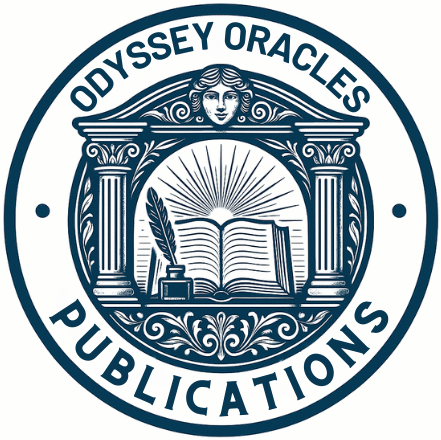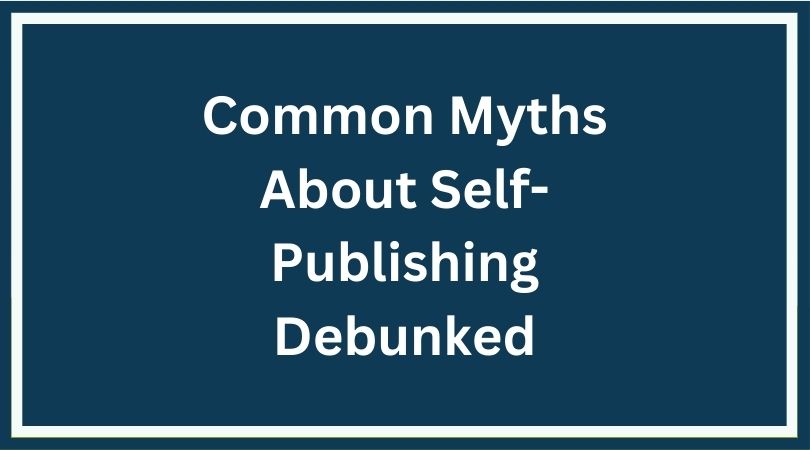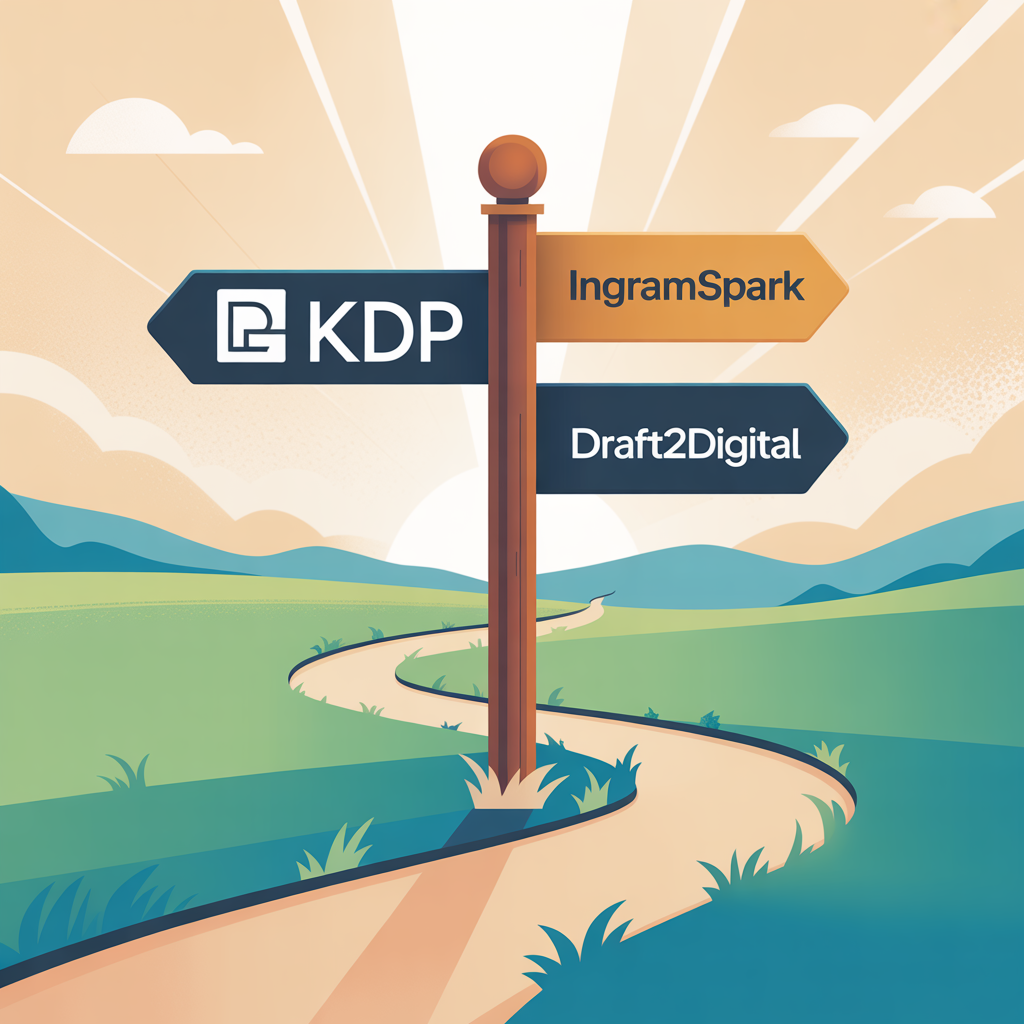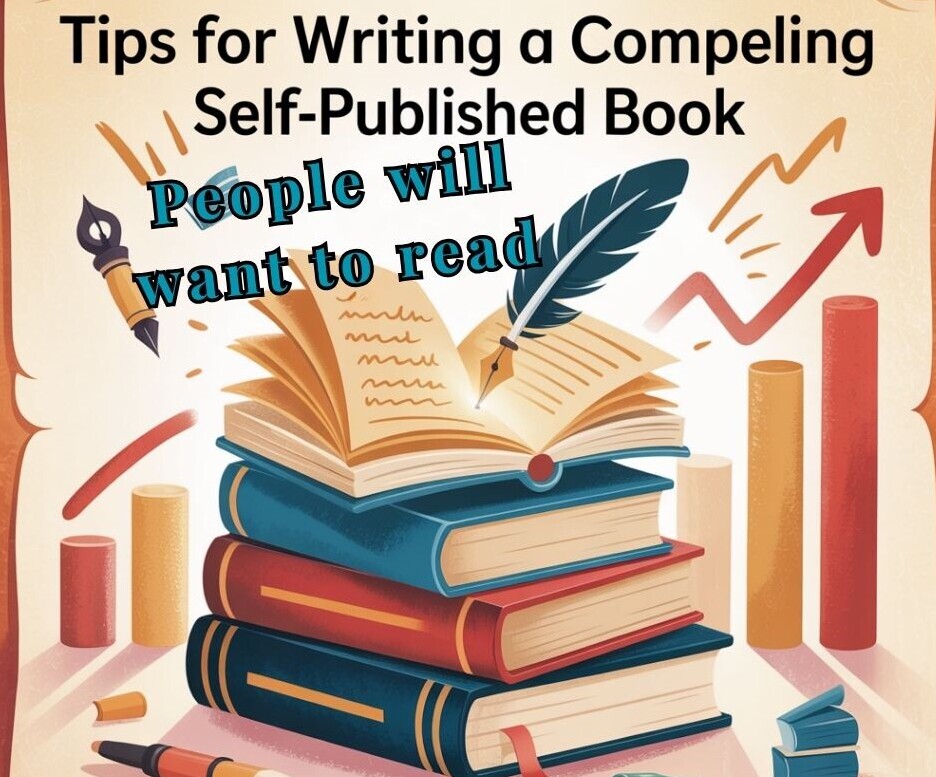Audiobook Production & Narration Services

Audiobooks have become a vital component of the reading experience, particularly in today’s fast-paced world. Offering a hands-free, eyes-free way to enjoy literature, audiobooks merge the art of storytelling with cutting-edge technology.
The audiobook production process is a crucial journey that starts from the script and culminates in the creation of a pristine audio. This meticulous process is not just about converting text into sound, but about crafting an immersive experience for readers. Whether they’re exercising, commuting, or relaxing at home, audiobooks offer a unique way to enjoy literature. The shift to digital has revitalized many mediums, but the surge in audiobook popularity stands out as a significant trend in modern media consumption.
Narration is a cornerstone here. The difference between a meh audiobook and a fantastic one often lies in the voice behind the story. A skilled narrator brings characters to life, adds emotional depth, and retains the listener’s attention throughout.
These audio gems aren’t just for fun—they boost reader engagement, like turning a stroll into an adventure with the right book. By tailoring the narration style to fit the story, producers foster deeper connections with listeners. This connection is why audiobooks often enjoy more dedicated followings compared to their text-only counterparts. So, diving into audiobook production means tapping into a world of new possibilities for authors and listeners alike.
The Audiobook Production Process: From Script to Audio
Creating a top-notch audiobook involves several key stages, each one playing a vital role in crafting a final product listeners will love. It all starts with having a solid script that’s been adapted for audio. Unlike a regular book, an audiobook script requires special attention to how it will sound out loud. Think of it like transforming a silent movie into a blockbuster experience with sound.
The recording is where the script meets the mic. This phase is all about capturing the voice in a high-quality setting. It involves selecting a suitable environment, usually a professional recording studio, to ensure clarity without background noise. The narrator, often the face of the audiobook, works closely with a director to nail every emotion and nuance.
Sound engineers are the unsung heroes of audiobook production. They work behind the scenes, weaving magic into the recordings. Their responsibilities include polishing the recorded audio, editing out any mistakes, and balancing sound levels. They also add any necessary sound effects or music that might enhance the storytelling experience and keep things engaging. Their work is instrumental in ensuring that the final audiobook is a high-quality, captivating piece of art.
Finally, mixing and mastering wrap up the production. Mixing involves combining multiple audio tracks into a cohesive and balanced whole. Mastering takes it one step further by ensuring the final product is all set for distribution—clean, crisp, and captivating. Each step in this process makes the story sound incredible, ensuring listeners have the best possible experience.
Choosing the Right Narration Style for Your Audiobook
The narration style of an audiobook is a critical factor that can make or break its success. Different styles bring different vibes, and it’s essential to match your book’s tone with the narration. Whether it’s a dynamic, multi-voiced performance or a single, steady narrator, the style should align with what your audience expects. The right narration style can transform a simple listen into an immersive experience that resonates deeply with audiences.
When selecting a narrator, several factors come into play. The narrator’s voice can significantly influence the listener’s experience. A good fit captures the essence of the characters. It enhances the overall mood, making the story more relatable and engaging.
Tone and pace are crucial. Too fast can leave listeners lost, while too slow might bore them. A consistent, well-thought-out rhythm can keep listeners hooked from start to finish. It invites them into the world of the story, encouraging long listening sessions.
Tailoring the narration directly to the target audience is key. It’s about understanding who will be listening—young adults, mystery enthusiasts, and romance fans—and ensuring the storytelling aligns with their expectations. The right narration style can transform a simple listen into an immersive experience that resonates deeply with audiences.
The Role of Technology in Modern Audiobook Production
Audiobook production has come a long way thanks to giant leaps in technology. Today’s tools and software are game changers, enabling high-quality recordings that reach listeners with ease. Digital advancements have made producing pristine sound more accessible and efficient.
Software solutions now simplify editing, mixing, and even distribution. These platforms streamline workflows, enabling creators to focus on their creativity instead of being hindered by technical hurdles. From recording software that captures every nuance to mastering tools that ensure impeccable finish, technology is at the heart of it all.
Cloud-based platforms have revolutionized the distribution and access of audiobooks. They allow producers to upload, manage, and distribute content seamlessly across various platforms. This means reaching a broader audience is easier than ever.
AI is also stepping into the spotlight, offering innovative solutions like voice modulation and automated editing processes that support human creativity. It’s not about replacing narrators but enhancing their abilities to deliver top-notch performances.
With technology continually evolving, the future of audiobook production promises even more exciting developments. Staying up-to-date with these trends is crucial for anyone looking to delve deeply into the audiobook industry and make a significant impact.
Finding Professional Narration Services: What to Look For
Getting the perfect voice for your audiobook means finding a narrator who meets high standards. Look for experienced talent who can adapt their delivery to fit your story’s unique style and genre. A great narrator doesn’t just read; they bring characters to life, creating a gripping experience for listeners.
Reputation matters. Review testimonials and previous work samples to gauge a narrator’s skill level. Their past projects can give you insight into their range and versatility. It’s crucial to know they can handle the nuances of your specific genre, whether it’s high fantasy or a cozy mystery.
Platforms like ACX are excellent starting points for finding professional narrators. These platforms allow you to see their work history, reviews, and demo reels all in one place. It’s like peeking behind the curtain before making that big decision. Rates can vary significantly based on experience and project duration, so be sure to factor your budget into the decision-making process.
Maintaining quality and consistency across your audiobook is vital. Make sure your chosen narrator delivers a sound that’s consistent throughout, from the first chapter to the last. This consistency helps in keeping listeners engaged and ensures your story is conveyed as intended.
Clear communication is key. Ensure that you outline expectations upfront and maintain open lines of communication for feedback throughout the process. This collaboration can significantly enhance the final product, ensuring that your vision is reflected in every chapter.
Key Considerations for First-Time Audiobook Producers
Stepping into audiobook production for the first time might seem overwhelming, but understanding the everyday challenges can make the journey smoother. One of the initial hurdles is determining a budget that covers all aspects of production without overspending. It’s about striking a balance between quality and affordability, making informed choices about where to spend and where to save.
Rights and licensing are also critical areas that need careful attention. Understanding how to handle copyrights, securing permissions, and appropriately licensing your content can prevent legal hassles down the line. Being proactive here ensures a stress-free distribution.
Marketing is another beast altogether. You can have a sparkling audiobook, but without the right strategies to get it heard, all that hard work might not reach its full potential. Explore partnerships with popular platforms, consider targeted promotions, and think about audience engagement to kickstart your audiobook’s journey.
Learning from others can fast-track your success. Connect with seasoned producers, join online forums, and absorb as much know-how as you can. Real-world insights are invaluable for avoiding pitfalls and adopting best practices.
Staying flexible and adaptable is key. The audiobook landscape evolves quickly, and being open to adjustments in strategy or approach can make all the difference. Embrace feedback and be prepared to pivot when necessary—this is where growth truly happens.
Benefits of Audiobooks for Authors and Publishers
Audiobooks open up a world of new opportunities for authors and publishers, stretching the reach of their creative works. By tapping into the audiobook market, you have the chance to connect with audiences who prefer listening over reading, thereby significantly expanding your fan base.
Visibility is crucial in the publishing world. Audiobooks help boost an author’s presence and increase discoverability through platforms that cater specifically to audio content. They become a versatile addition to the overall branding strategy, showcasing depth and adaptability.
There’s also a revenue aspect. Audiobooks can offer an additional stream of income, supplementing sales of print and digital formats. As the demand for audiobooks continues to grow, so do the revenue possibilities, making it a lucrative venture for both newbies and seasoned authors.
The audiobook market is not only expansive but ever-evolving. Keeping an eye on trends, understanding consumer preferences, and adapting to new technologies are essential for tapping into this dynamic market. This ongoing growth signifies a thriving future where audiobooks remain an integral component of the storytelling landscape.
Conclusion: The Audiobook Experience – A Win for All
Crafting an audiobook that resonates with listeners involves mastering both the art and science of production. From choosing the right narrator to leveraging the latest technological innovations, every step contributes to the final success. Audiobook creation offers unique ways for authors to engage with audiences, providing a personalized listening experience that can enhance and sometimes even redefine a book’s impact.
Investing in high-quality audio production and narration not only enhances the listening experience for audiences but also lays a cornerstone for long-term success in the publishing realm. In this ever-expanding industry, the potential for reaching audiences worldwide is immense, with audiobooks serving as a beacon for exploring new avenues of digital storytelling.
Collaboration across various aspects of production, maintaining flexibility, and continually learning from both successes and setbacks ensure that each audiobook created stands out in its own right. By capitalizing on this dynamic market, authors and producers can carve out their space in the bustling audiobook industry.
As we move forward into the future of storytelling, audiobooks remain a critical component of the narrative experience—combining convenience, accessibility, and engaging storytelling in a way that’s hard to match. This ever-evolving format offers a bright horizon filled with possibilities, bringing stories to life in the minds of listeners everywhere. Audiobook Production & Narration Services






